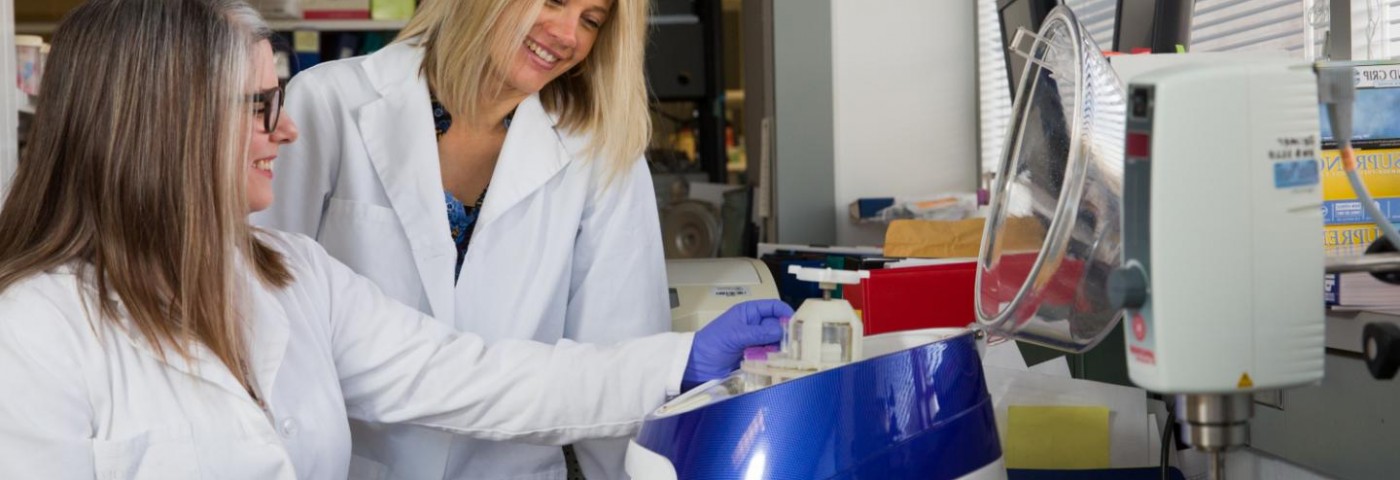In a new study using an animal model, researchers demonstrated how treatment with prebiotics can alter the obese maternal microbial composition and reduce gestational weight gain, as well as preventing increase in adipose tissue in both mother and offspring. The insights provide further understanding about maternal nutrition, and might constitute a new therapeutic way of preventing obesity in newborns and managing weight gains in mothers-to-be.
The article, “Diet-induced changes in maternal gut microbiota and metabolomic profiles influence programming of offspring obesity risk in rats,” was published in the journal Scientific Reports.
Several studies reported that maternal obesity and excessive nutrition during pregnancy and lactation increase the risk of obesity in the offspring, showing that maternal adiposity and metabolism have important roles in the inter-generational transmission of obesity. The mechanisms through which maternal metabolism affects the child’s health, however, are still poorly understood.
Recent evidence established that gut microbiota is a determinant player in the host’s metabolism and in the development of obesity. Moreover, maternal gut microbiota influences the colonization of the child’s gut, impacting long-term health.
Researchers investigated the effect of diet-induced maternal obesity in the metabolic and gut microbial health of pregnant and lactating rats, and the effect of supplementation with a prebiotic on maternal and offspring gut microbiota composition, metabolism, and overall health.
Prebiotics, a form of dietary fiber, are non-digestable foods that pass through the lower gastrointestinal tract, where they stimulate the growth of health-promoting bacteria. They are associated with a reduction in body fat and an energy intake in the context of obesity, and are found naturally in garlic, onions, bananas, and whole wheat.
Researchers fed a prebiotic supplement to rats on a high-fat and high-sugar diet during their three-week pregnancy period, and three weeks post-birth during lactation. Compared to rats on the same diet not taking the supplement, the treated rats ate less, and both the mother and offspring had a lower percentage of body fat — reduced, respectively, by 33 percent and 30 percent. Researchers attributed the results to the effect of two hormones raised after consumption of prebiotics.
Importantly, researchers observed that the prebiotic supplementation led to improved bacteria in the mother’s gut, and the healthy gut microbiota was transferred to offspring.
The research team hopes that the results encourage the inclusion of prebiotic ingredients in foods, and lead to a better understanding of the importance of maternal nutrition, although they note that many factors are in play in the development of obesity.
“The prebiotics worked beautifully to reduce weight gain and lower-fat mass in the rats; however, a person is far more complex,” said the study’s lead author, Dr. Raylene Reimer, in a press release. “In the rat study we could very closely control their diet, but in real life there are many other triggers that may contribute to obesity, including genetics, environment and mental health. Prebiotics are one tool to help with weight management but they are not a cure for obesity.”


